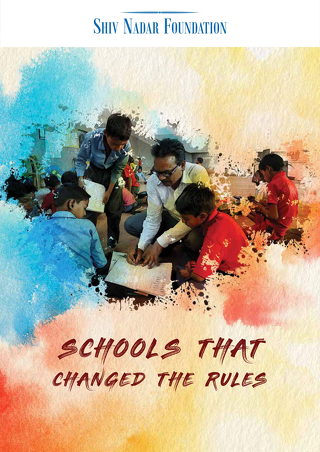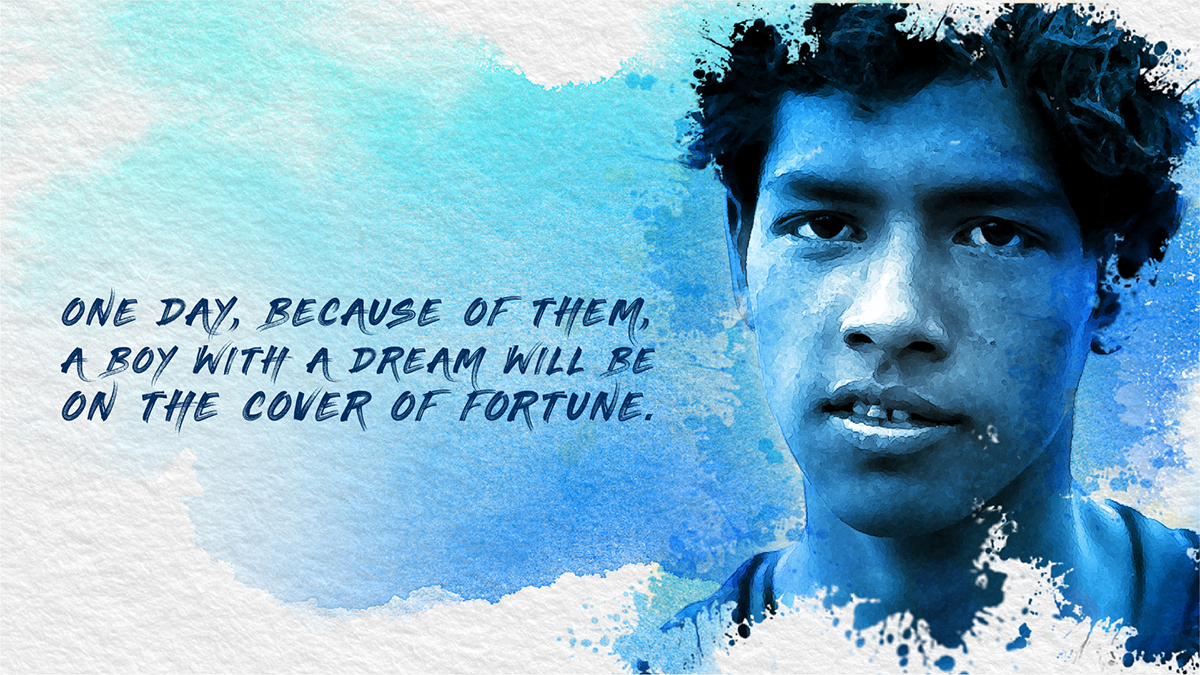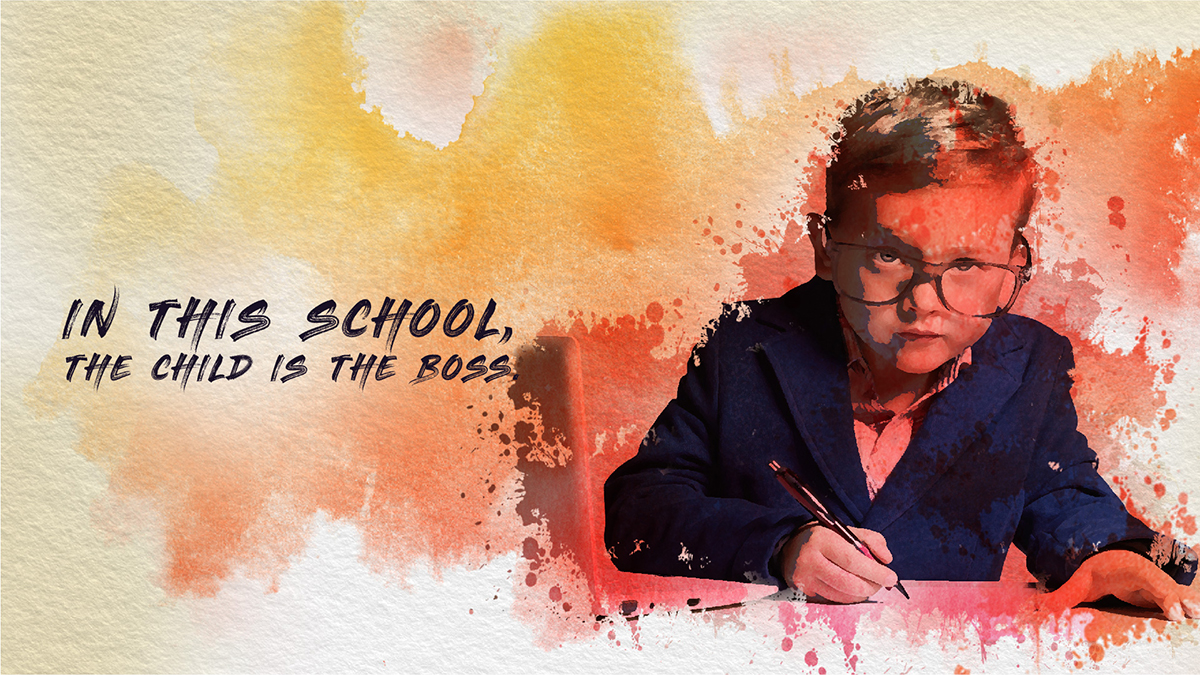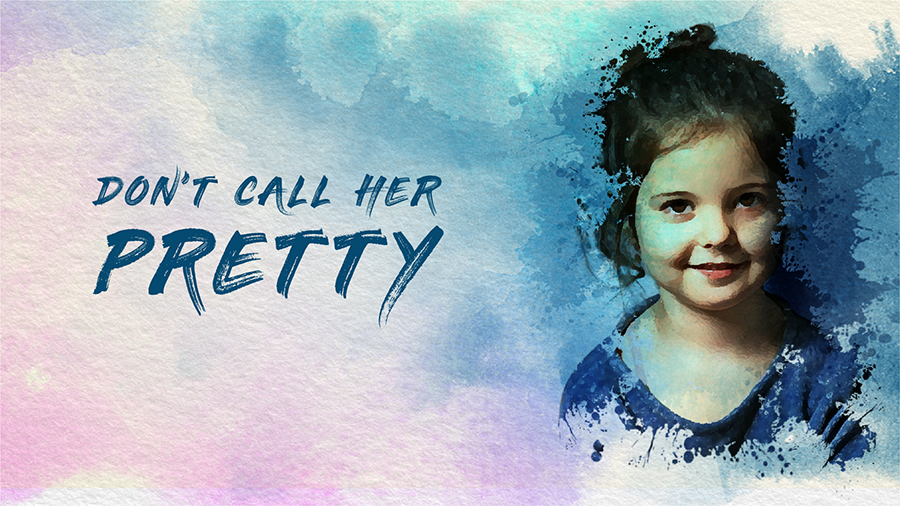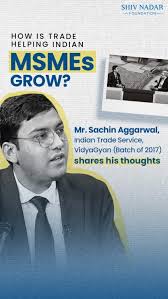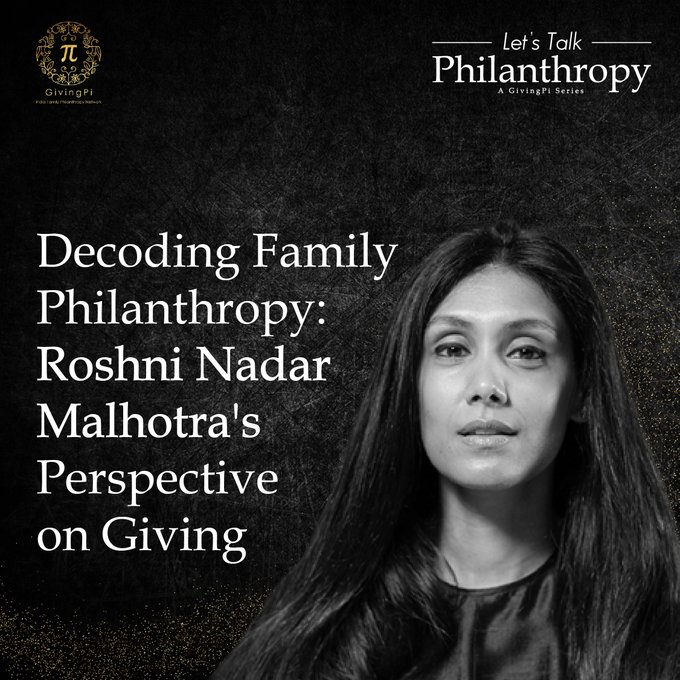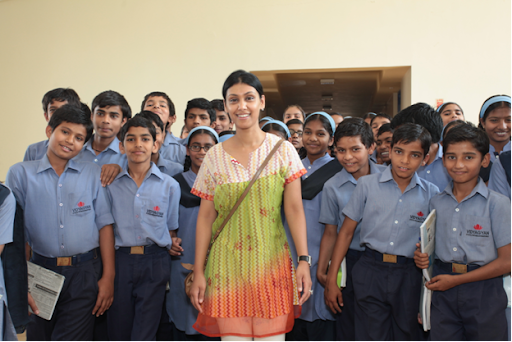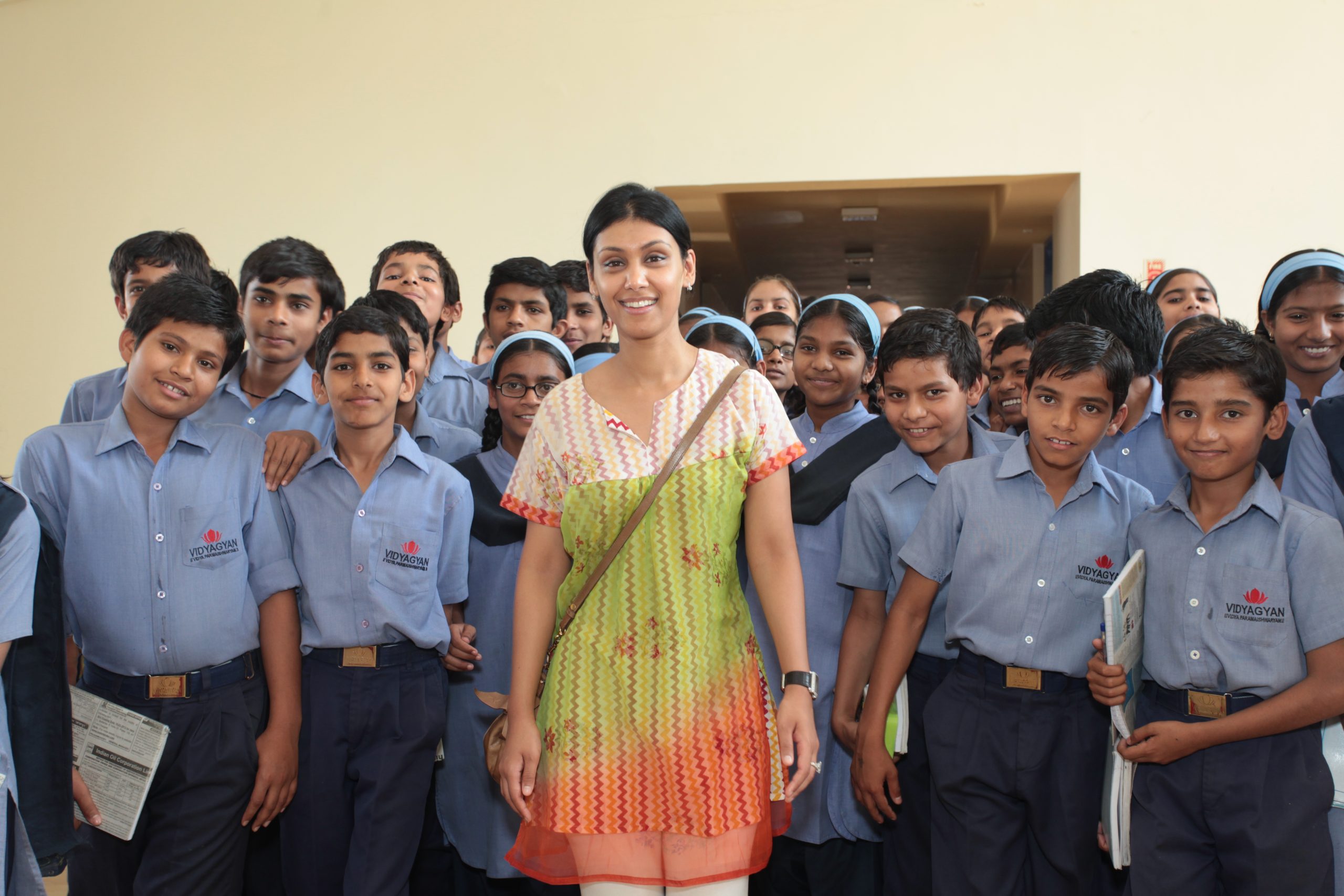The Angel of the Railway Platform
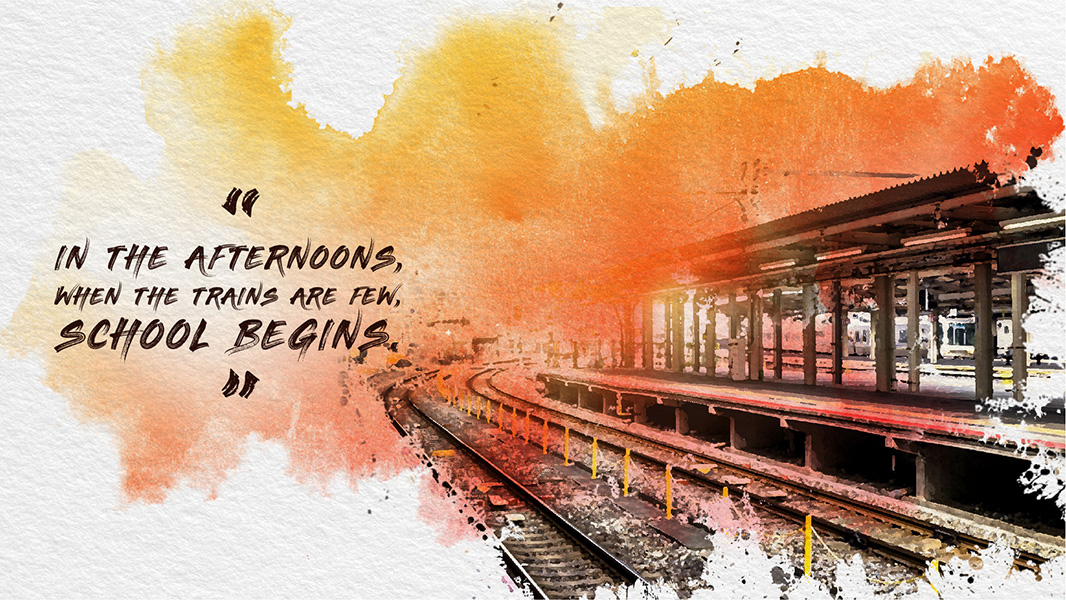
“If you fail, we take you. If you pass, we may consider you.”
“If the children cannot go to school, the school must go to the children.”
She often saw the poor children standing outside the gate of her school, looking in hopefully. She could not take them in because she knew the other parents would never allow it. But it troubled her conscience. One day she asked one of them, “Why aren’t you in school?” “My father is dead, and my mother can’t manage without my help,” said the little boy. Over time, she learned more about them. Most lived near the railway station. Some lived with sick parents and many siblings. Others were runaways, who slept in the street, huddled together for comfort. Their lives revolved around the station. When the trains came in, they would beg, or shine shoes. They picked up empty plastic bottles from the compartments. They collected rags along the railway tracks, walking up and down as much as ten kilometres a day. They were the children everyone had forgotten. But she could not. She started with just one child, sitting together on the platform. People would stare as they passed by. In the next few days, eighteen more children joined her. On April 7th, 1985, at Bhubaneswar station, India’s first railway platform school was born.
The children lived hard lives, and did not trust easily. “People dressed like you don’t talk to us,” said one of them. One way of earning their trust, she discovered, was to give them a bath. Slowly, people started to join her. She had limited funds, and she could pay very little, but they came. They helped to teach the children. They collected toys and books. They spread the word amongst the porters and railway staff – if they saw a child in distress, they should inform them. The platform school grew, but one thing never changed. Every Saturday, to this day, they bathe the children, with their own hands.
Initially, it was just an attempt to give some form of childhood back to them. The children sang songs and drew pictures. But it evolved. She began to teach them to read and write. She taught them math. Many of these children had seen little value in school, but this changed. “If there’s an accident,” said little Nirmala, “I can write down the names and addresses of people.”
The school ran for three or four hours, in the afternoon, when trains were few and far between. At the end of school, the children and teachers packed up their toys and slates and books, and put them away in a small room nearby. Slowly, she developed a basic curriculum, which allowed the children to re-integrate with the government school system. She worried most about the girls. They lived on the streets, and the streets are unkind. By the time they were twelve or thirteen, she knew, most would be forced into prostitution. For them, she learnt about sewing, created a course, and started sewing classes. On graduation, each girl received a sewing machine as a gift.
Life is hard, and not every child can be saved. But many gained new lives and new hope. Gauri is good at yoga, and promises that she will never abandon her children. Kusman can do magic tricks and wants to be a mechanic. Yashoda plays the flute. She has graduated from the Bhubaneswar College of Music. Giridhari escaped an abusive father and an abusive employer. He has done a computer course at NIIT.
Today, the organization she founded, Ruchika, runs twelve platform schools, six nurseries, 75 slum schools, 20 nursery schools, HIV and AIDS projects, two ‘schools on wheels’, a vocational training program, and clean water and sanitation projects in the slums. Before she passed away in 2010, she received many national and international awards. Her proudest achievement was winning the World Children’s Prize for the Rights of the Child in 2007, because it was an award given by children.5.2 million children voted across the world. She went with two of her slum children to Stockholm, to receive the award from Queen Sylvia of Sweden.
Inderjit Khurana was a small woman, barely five feet tall, gracious, quick witted and ever smiling. But her heart was as big as the universe. To know more about Ruchika, please visit their website.



